The Future of Withholding VAT Regimes in Africa
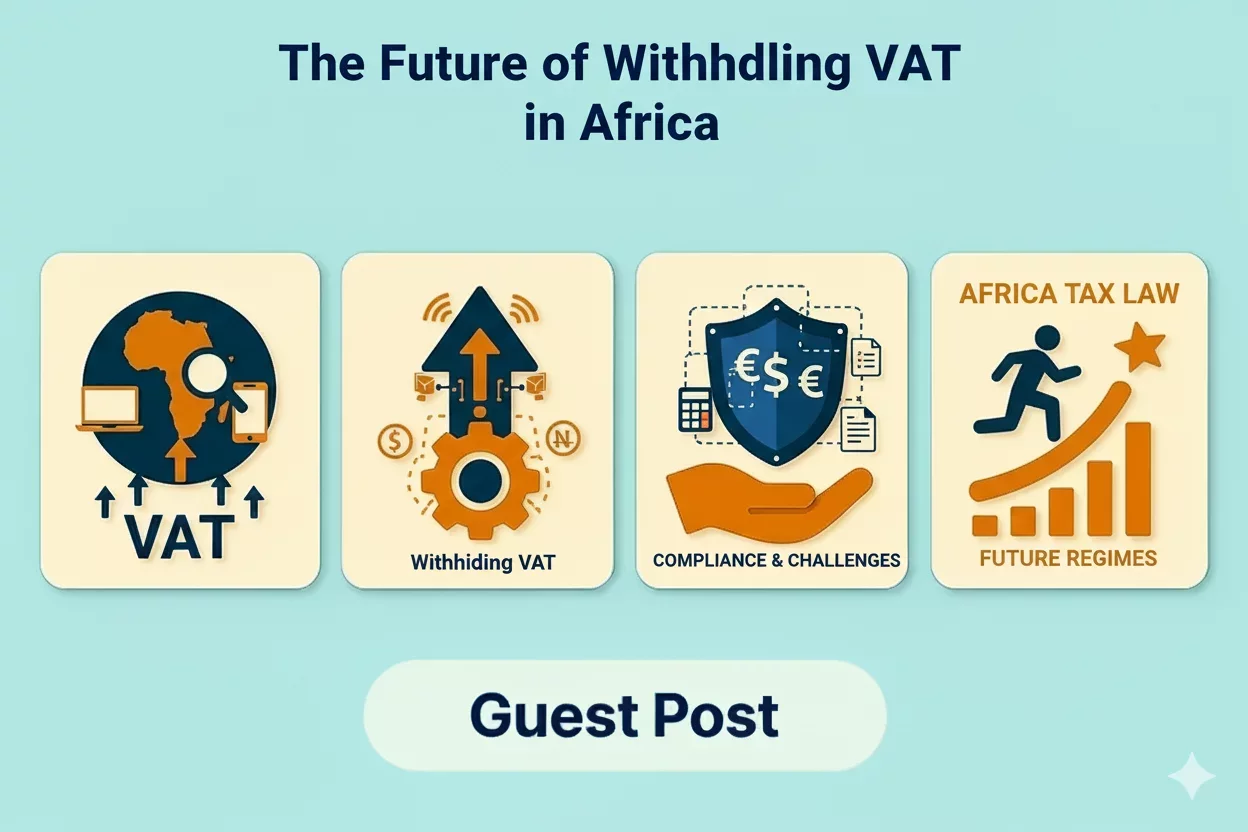
Summary
Withholding VAT is a mechanism used by African governments to improve tax compliance and reduce revenue loss by shifting remittance responsibility from suppliers to designated buyers.
While effective in increasing revenue assurance and compliance control, it creates practical challenges such as cash flow strains for suppliers, slow refund processes, and increased administrative burdens, particularly for SMEs.
The future of VAT regimes in Africa is moving towards technology-driven solutions like digital integration (e-invoicing, real-time reporting), strategic exemptions for SMEs, and data-driven enforcement, rather than prolonged reliance on traditional withholding mechanisms.
Introduction
Across Africa, governments are increasingly turning to withholding VAT mechanisms as a means of strengthening compliance and reducing revenue leakages. By shifting the responsibility of remittance from suppliers to designated buyers, withholding VAT provides a layer of assurance to tax administrations seeking to plug gaps in VAT collection. However, while effective in theory, the practical application of these regimes has triggered debates on efficiency, cash flow impacts, and long-term sustainability. In this article we will explore the trajectory of withholding VAT in Africa, highlighting its benefits, challenges, and potential evolution.
Understanding Withholding VAT
Withholding VAT is a mechanism where specific entities typically large taxpayers, government institutions, or financial intermediaries are required to withhold a portion of the VAT charged on taxable supplies and remit it directly to the tax authority. The supplier, meanwhile, receives payment net of the withheld tax. While this improves revenue certainty for authorities, it shifts compliance burdens and creates cash flow complexities for suppliers.
Country Case Studies in Implementation
Kenya
Kenya has implemented withholding VAT for years, designating government agencies and certain large organisations as withholding agents. While it has improved collection, suppliers often face delayed refunds or the need to reconcile withheld VAT against output VAT. In response, the Kenya Revenue Authority (KRA) has integrated withholding data into its iTax system, but compliance friction remains.
Nigeria
The Federal Inland Revenue Service (FIRS) has broadened its list of withholding VAT agents to include banks, multinational corporations, and government parastatals. While this has tightened compliance, it has also led to increased reporting obligations for businesses and growing liquidity pressures for suppliers.
Ghana
Ghana’s VAT regime similarly designates selected entities as VAT withholding agents are required to withhold from payments for standard rated supplies 7% of the taxable output value for VAT purposes. While compliance rates have improved, businesses, particularly SMEs, have criticised the system for creating unnecessary administrative hurdles and cash flow constraints.
Benefits of Withholding VAT
Revenue Assurance: Provides governments with upfront VAT collections, reducing the risk of evasion.
Compliance Control: Places responsibility on fewer, larger taxpayers who are easier to monitor.
Reduced Fraud Risks: Minimises opportunities for underreporting or non-remittance by suppliers.
Drawbacks and Practical Challenges
Cash Flow Strains: Suppliers receive reduced payments and must wait to recover withheld VAT, creating liquidity challenges.
Refund Backlogs: Refund processes across Africa are often slow, leading to compliance fatigue among taxpayers.
Administrative Burden: Both buyers and suppliers face additional reporting and reconciliation requirements.
Unequal Impact: SMEs disproportionately bear the cost; as larger businesses may absorb delays more easily.
Future Outlook: Evolution Towards Digital Tax Systems
While withholding VAT has proven effective as a transitional measure, its long-term viability is questionable. African tax authorities are increasingly recognizing that sustained revenue growth requires a shift from blunt instruments to technology-driven solutions. Key reform pathways are emerging:
Digital Integration: The adoption of mandatorye-invoicing and real-time reporting systems is rapidly gaining traction across the continent, with countries like Kenya (eTIMS), Nigeria (Merchant-Buyer Solution), and Tanzania leading the way. These systems allow tax authorities to gain real-time visibility into transactions, making withholding mechanisms less necessary over time.
Strategic Exemptions: Policymakers could refine the system by introducing turnover thresholds or exemptions to shield small and medium-sized enterprises (SMEs) from the disproportionate burden, thereby fostering a more business-friendly environment.
Data-Driven Enforcement: As highlighted by reports from the IMF and the World Bank, the future of tax administration lies in leveraging big data analytics and artificial intelligence to identify and address non-compliance with surgical precision, rather than through broad-based, cumbersome mechanisms.
Regional Convergence: Under initiatives like AfCFTA, countries could harmonise withholding approaches to reduce cross-border compliance friction.
Conclusion
While withholding VAT has proven valuable as a compliance tool, it remains a blunt instrument. Its effectiveness in revenue mobilisation must be weighed against the compliance costs and cash flow pressures it imposes on taxpayers. Moving forward, African governments should treat withholding VAT as a transitional measure, while investing in technology-driven solutions that balance revenue protection with business efficiency.
The future lies in smarter, digitally integrated VAT systems rather than prolonged reliance on withholding mechanisms. Governments should begin leveraging digital transformation to build a seamless, data-driven framework that balances revenue protection with business efficiency.
Sources;PwC Nigeria,BDO Ghana,KRA

Featured Insights
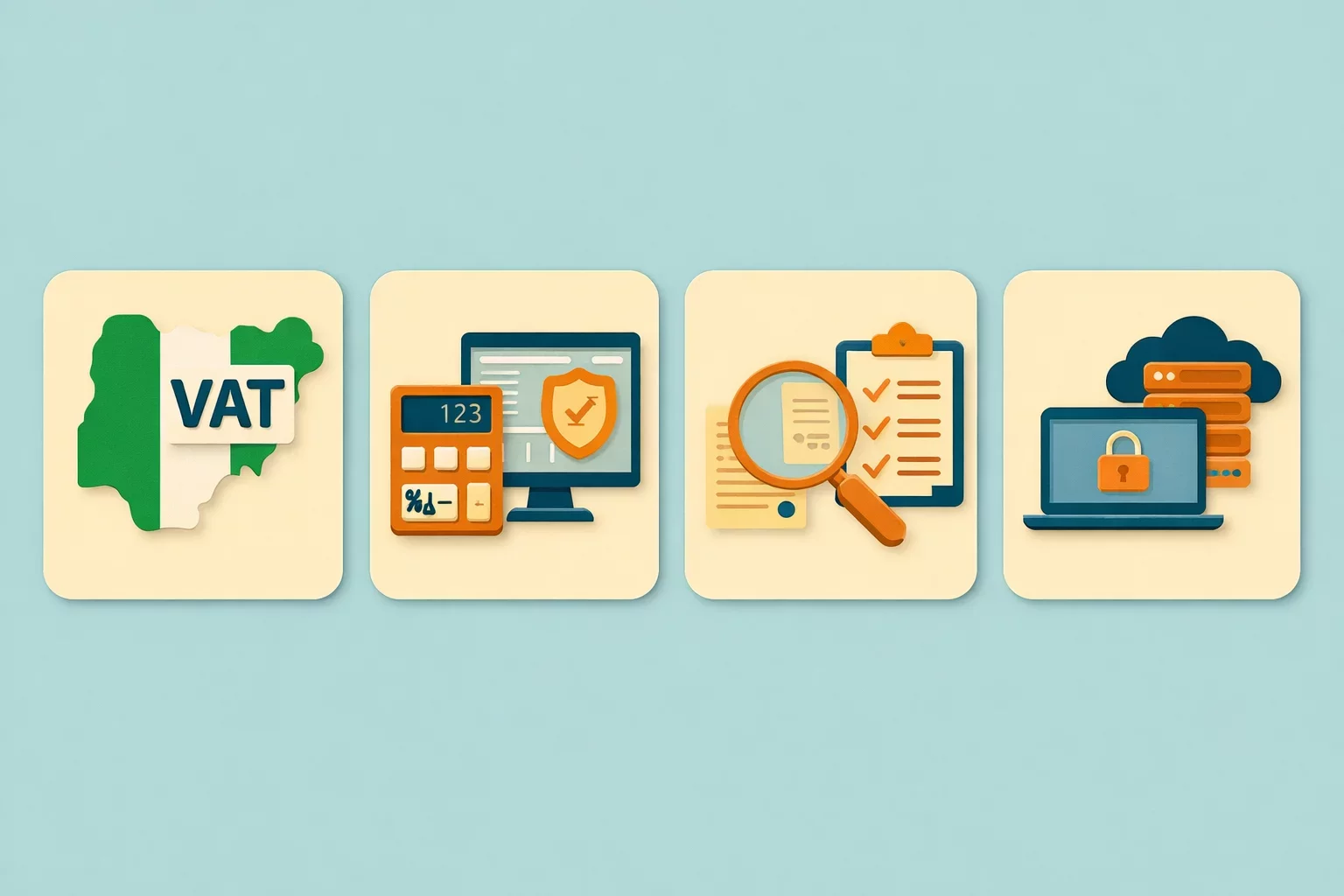
Nigeria VAT Compliance: TaxPro Max Explained
🕝 March 3, 2026More News from Africa
Get real-time updates and developments from around the world, keeping you informed and prepared.
-e9lcpxl5nq.webp)




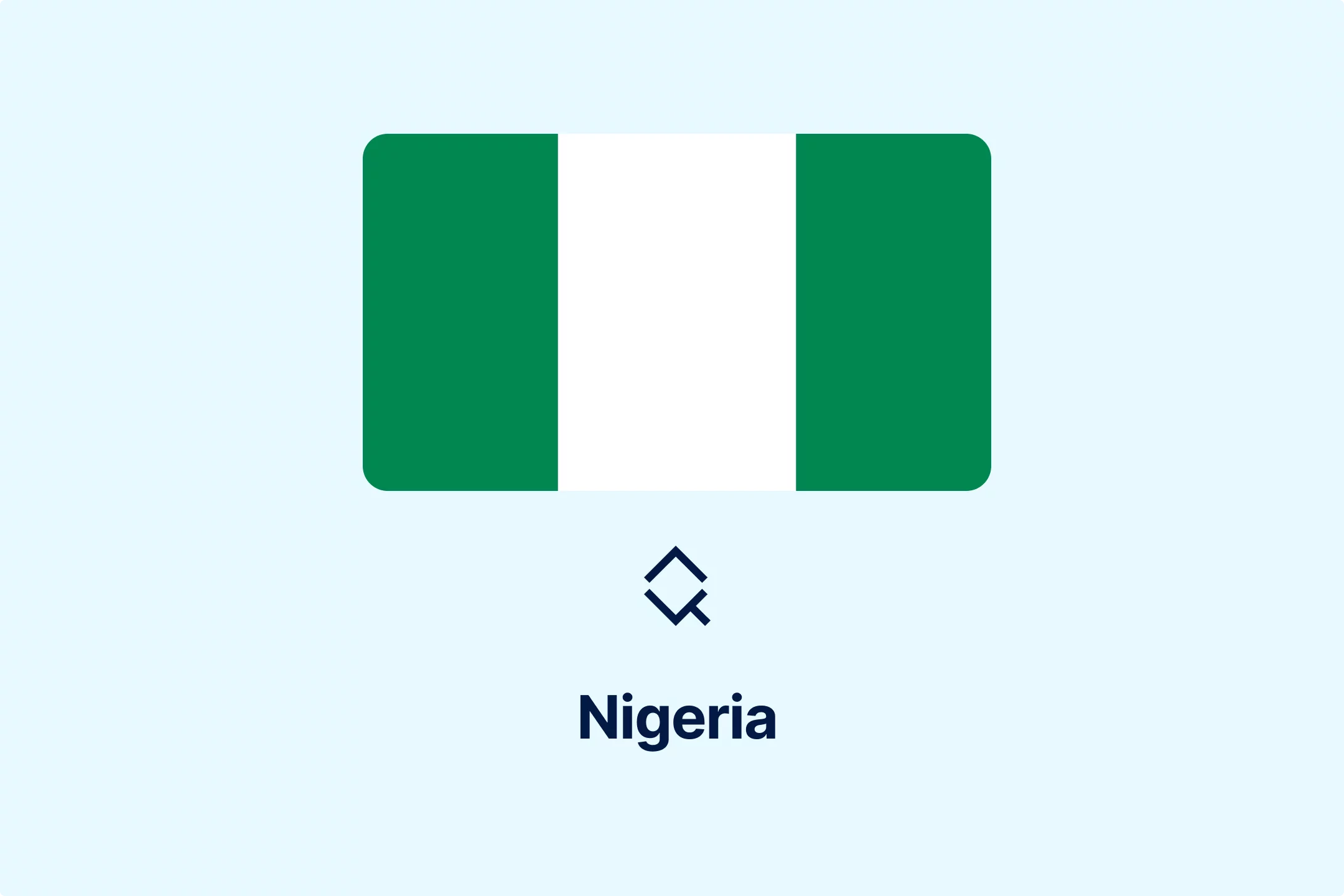

-xs4qde7eim.webp)
-rhc39covsa.webp)
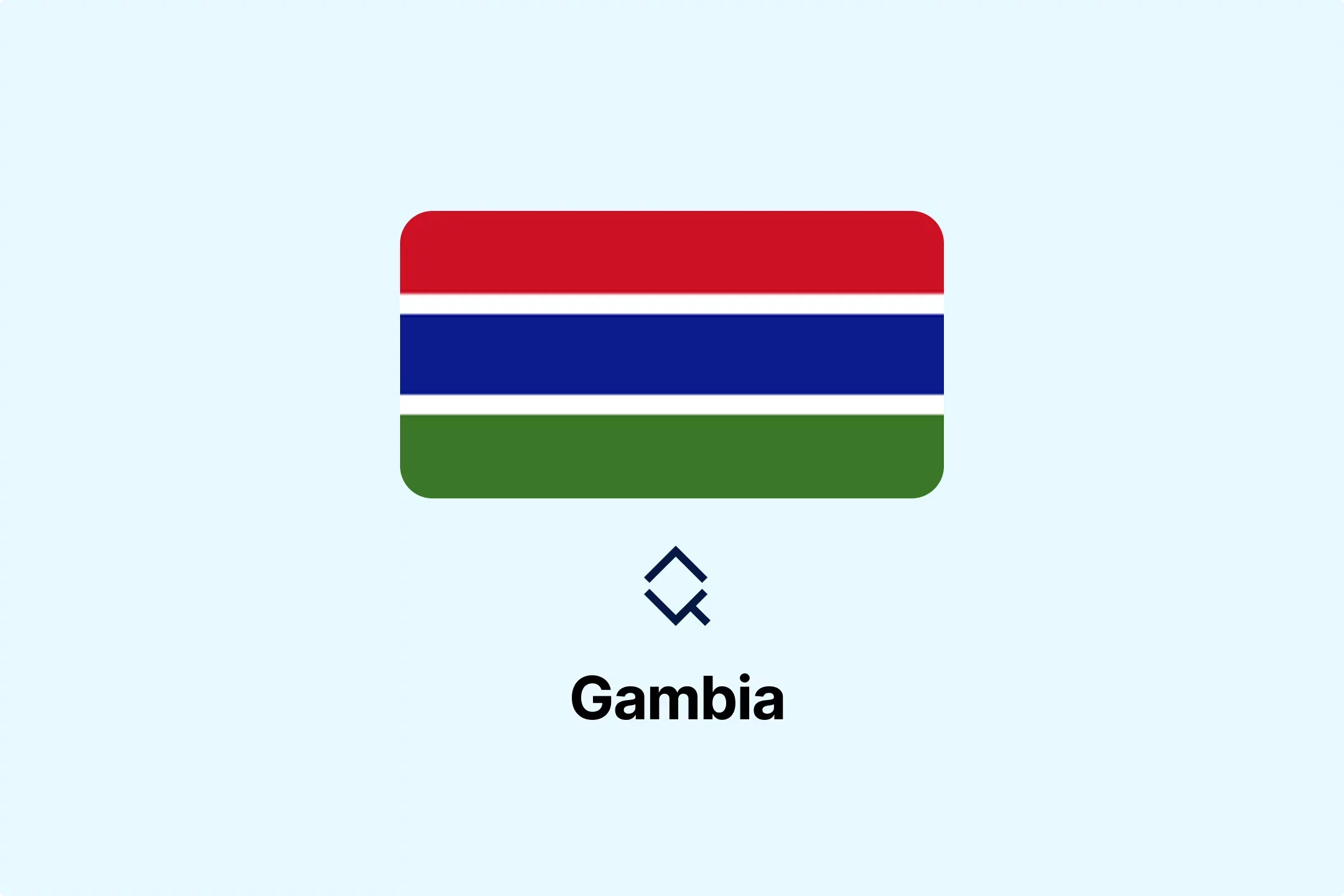
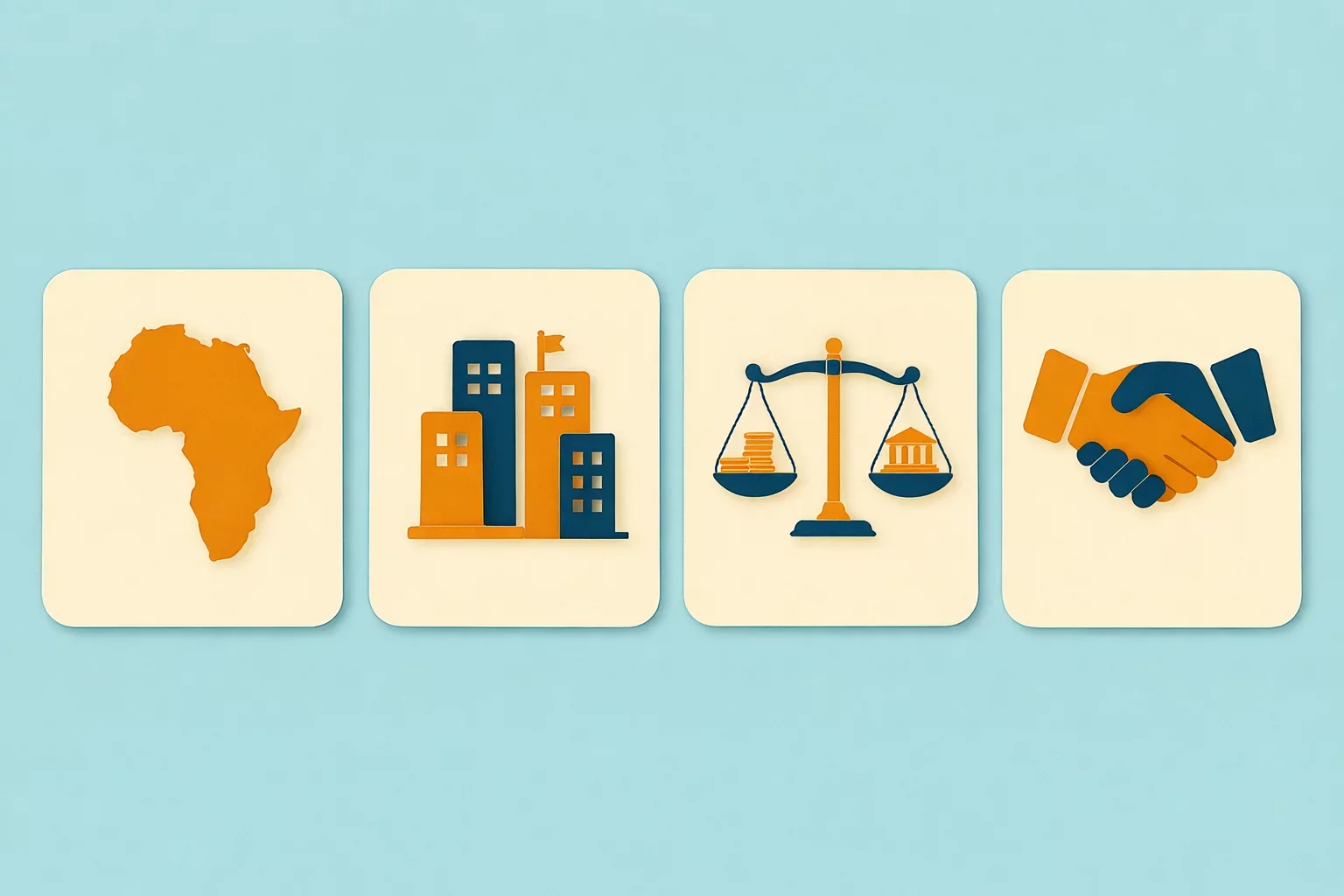
-fegt1crxvf.webp)

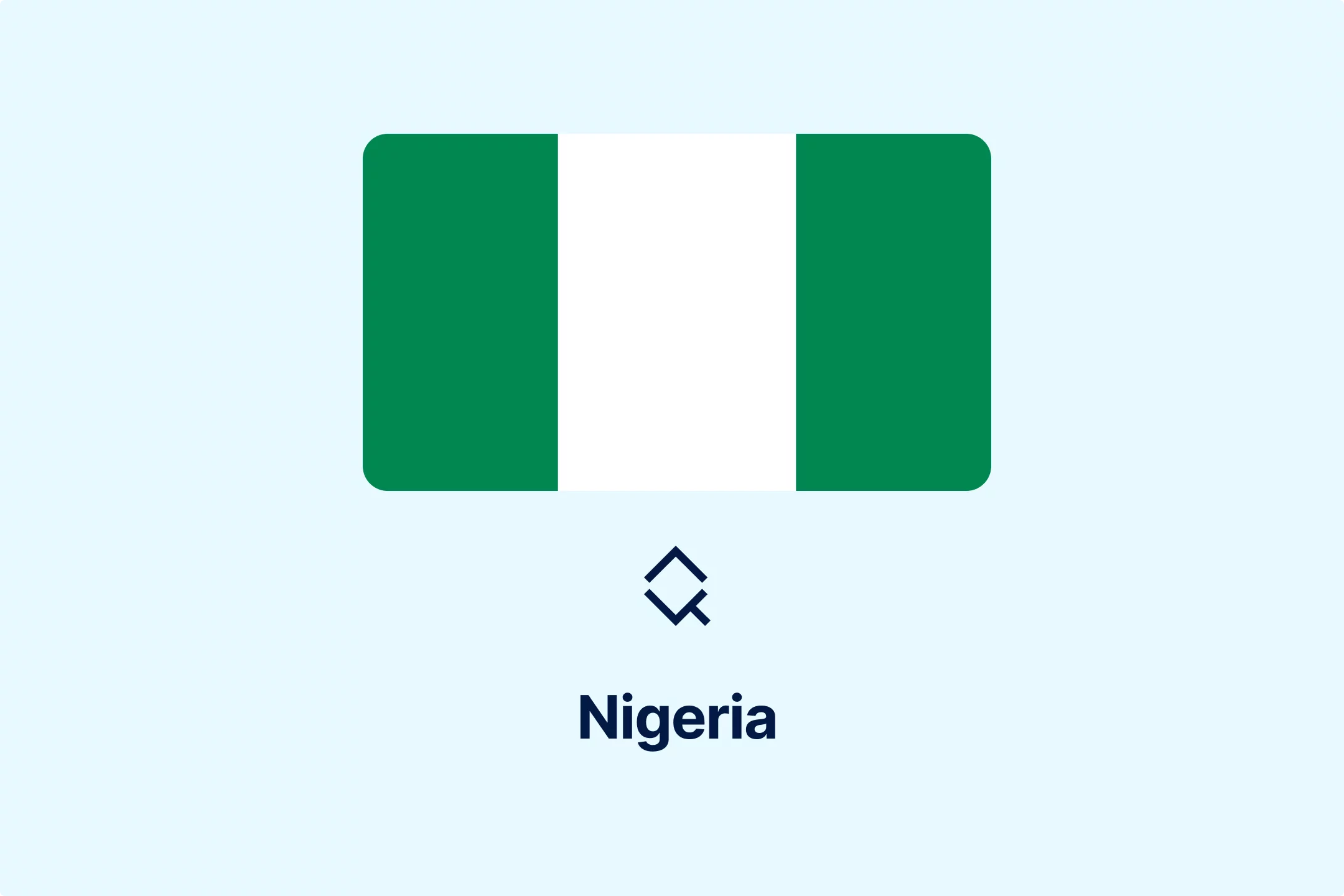

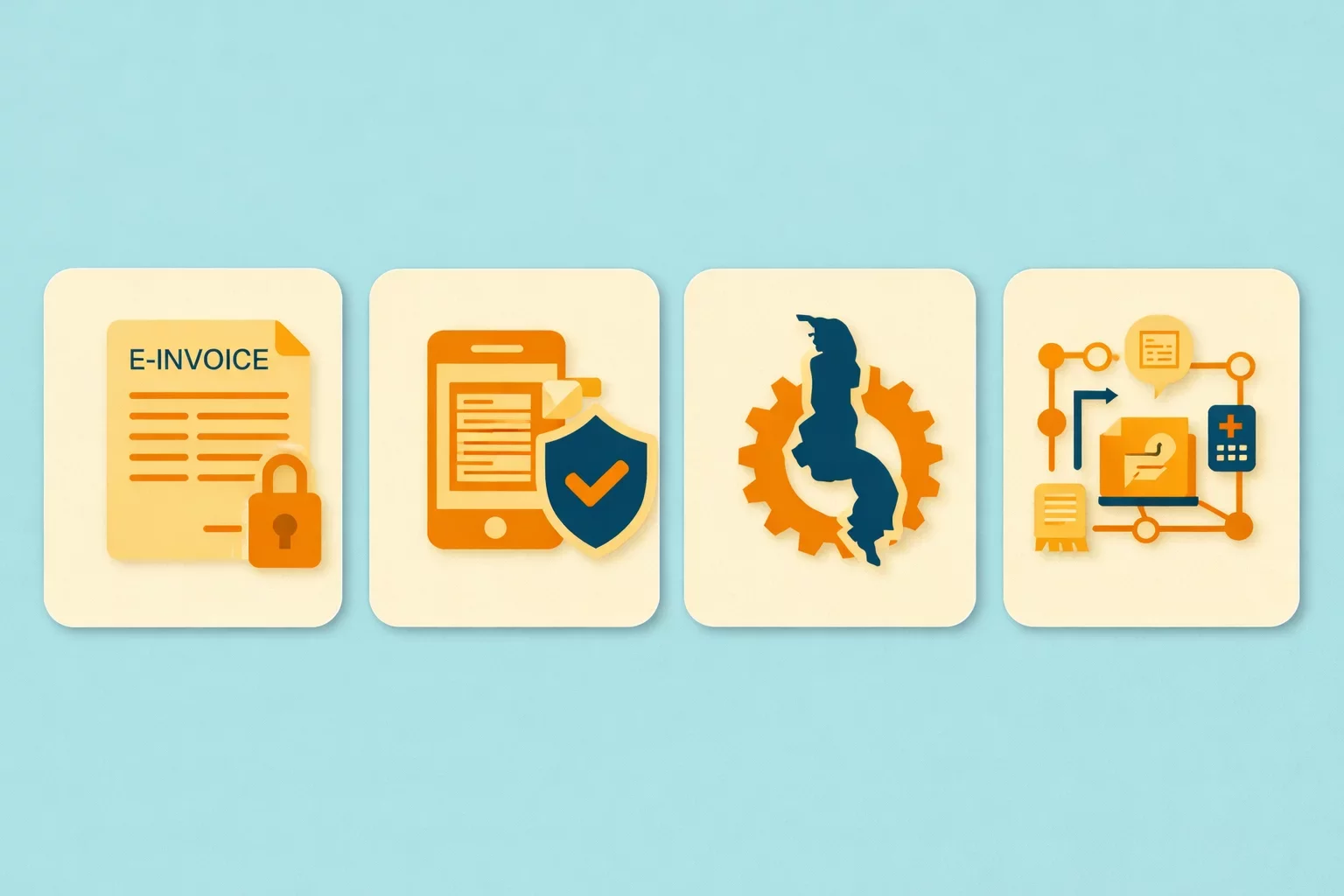

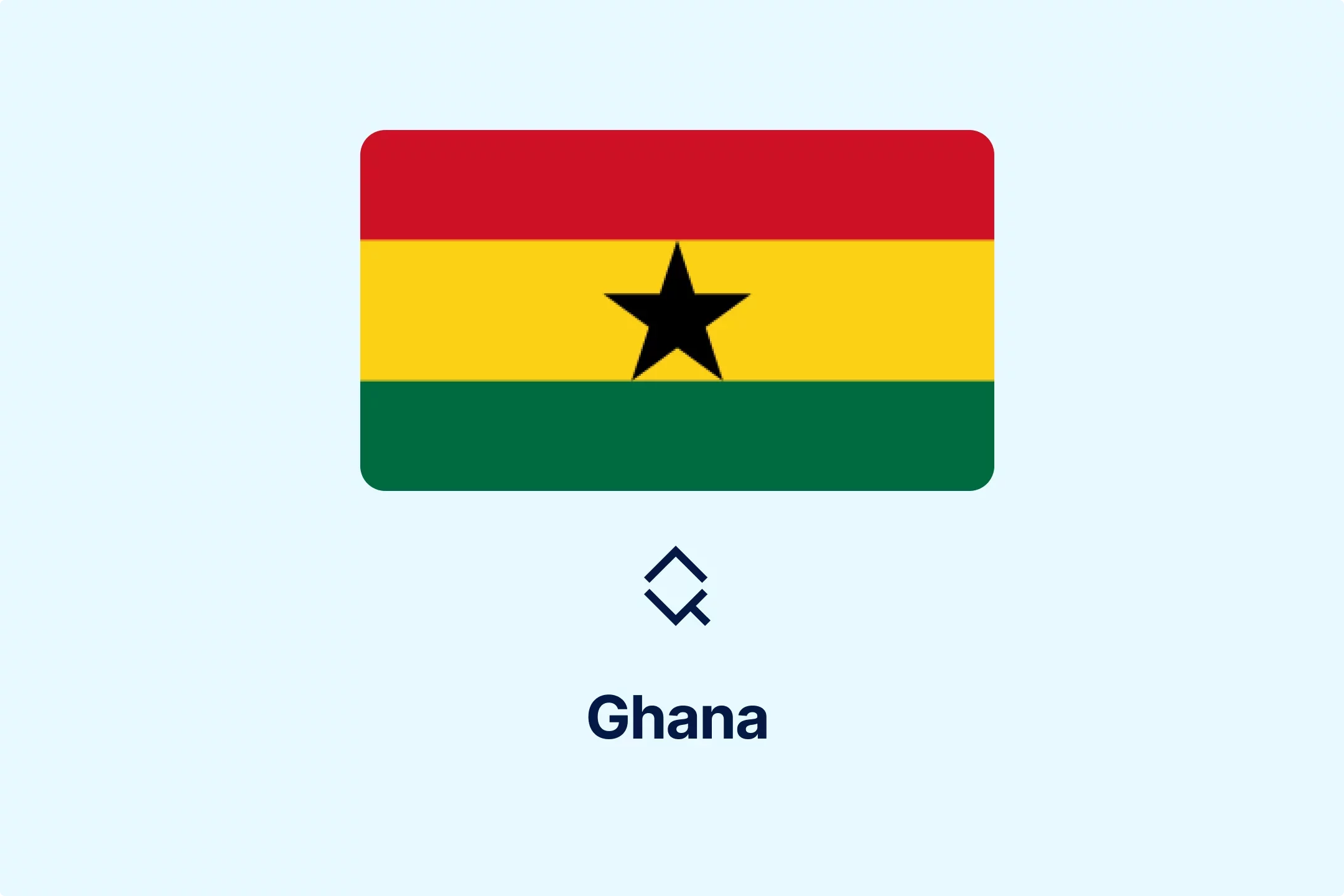
-yzgflot48e.webp)
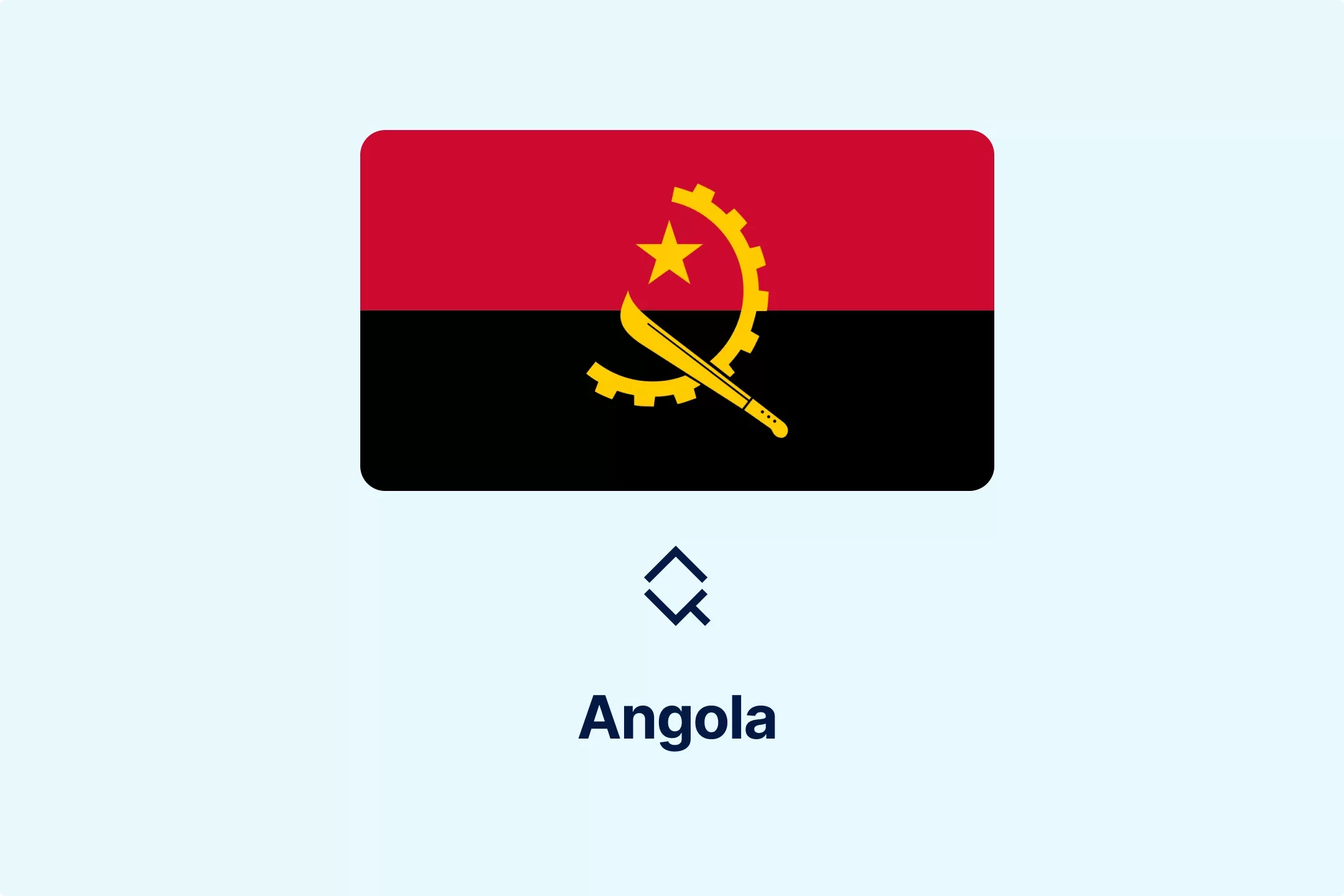
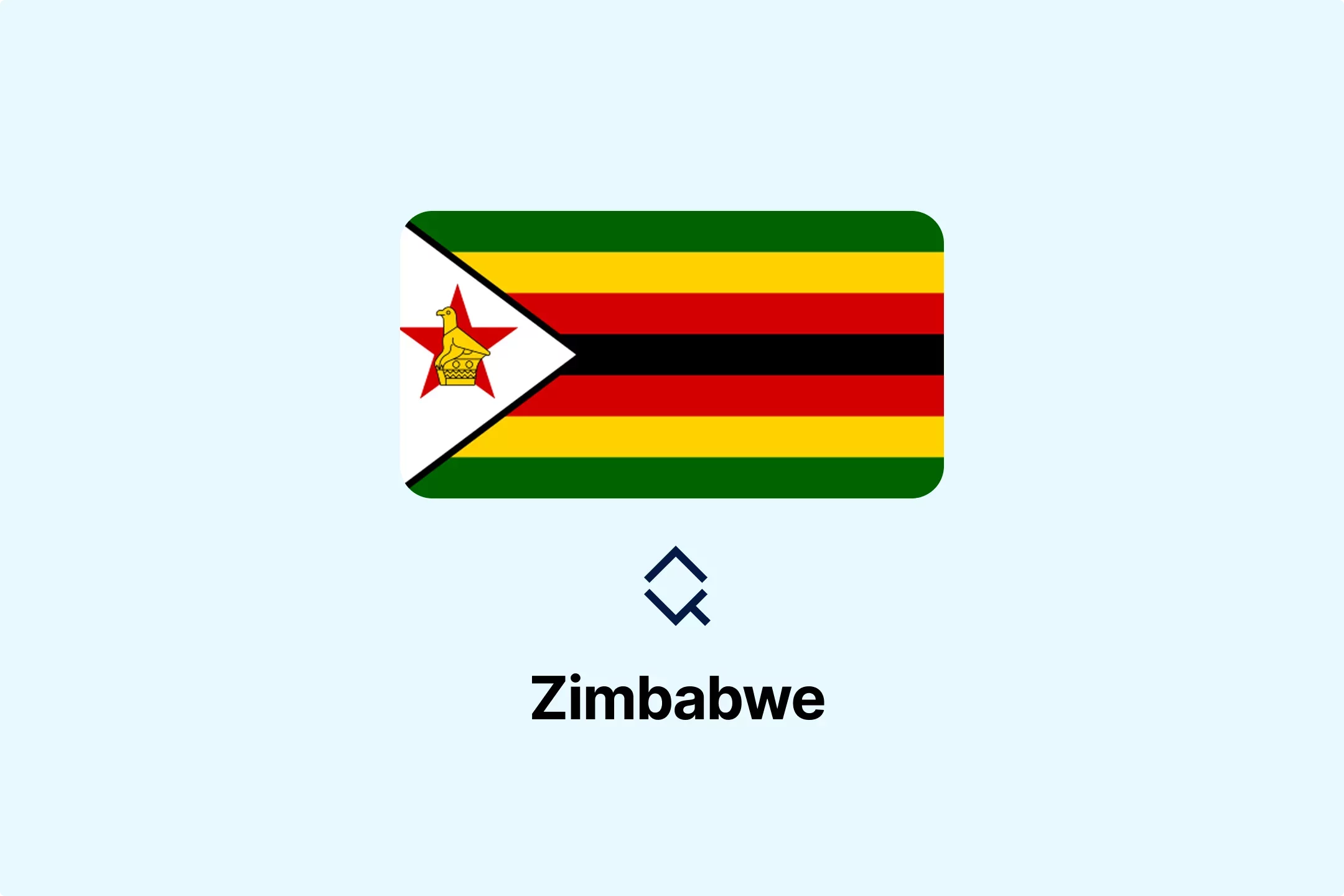

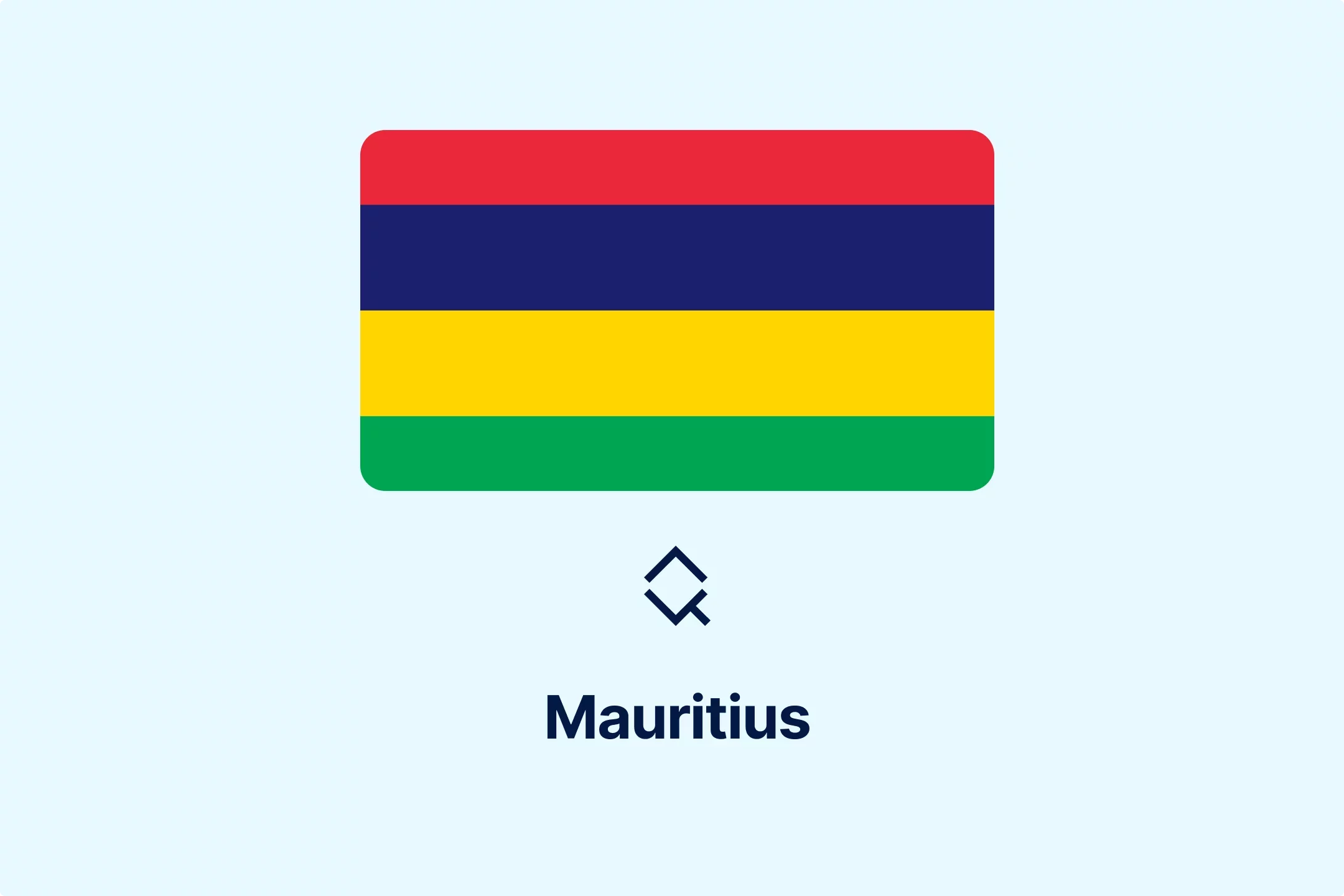
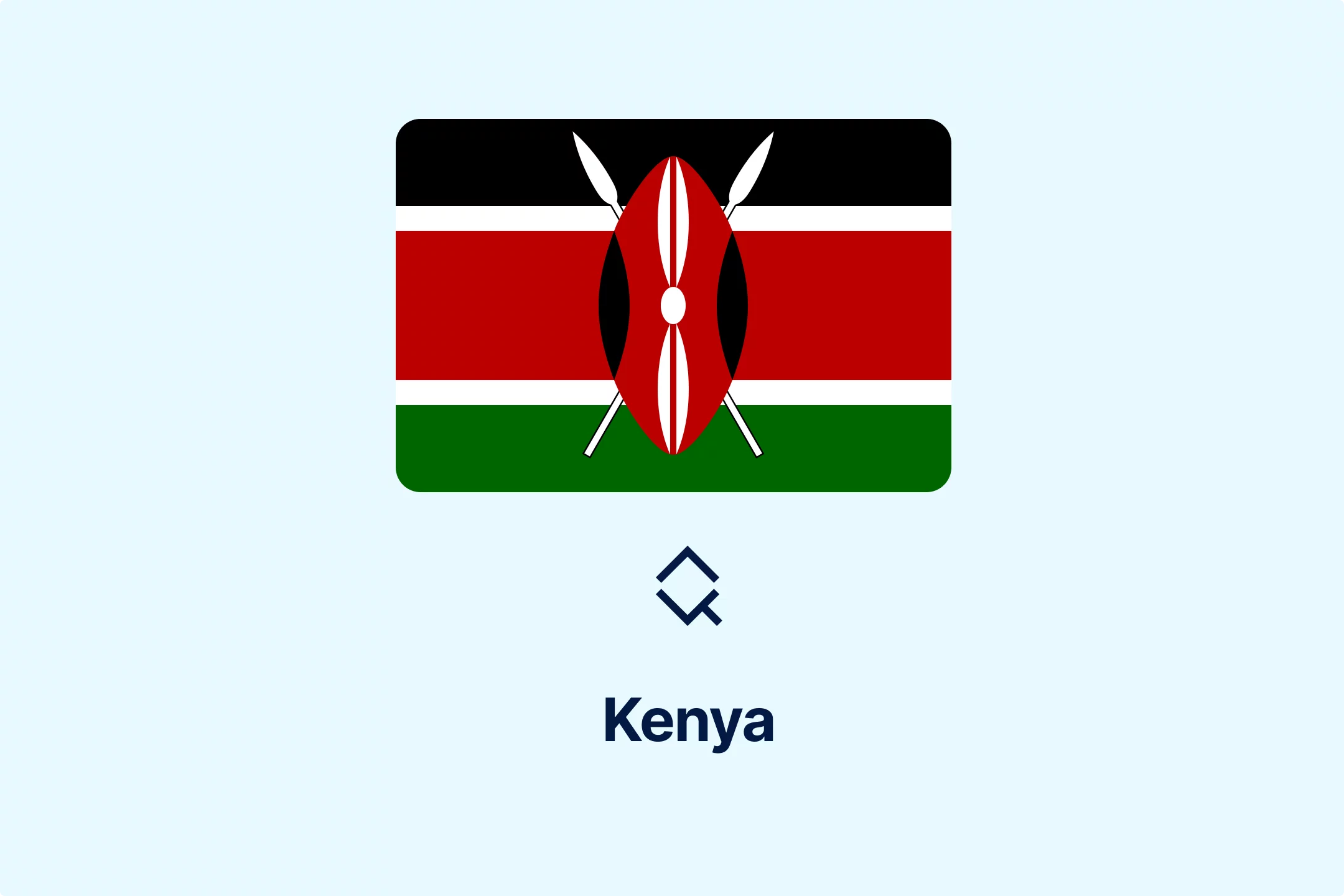
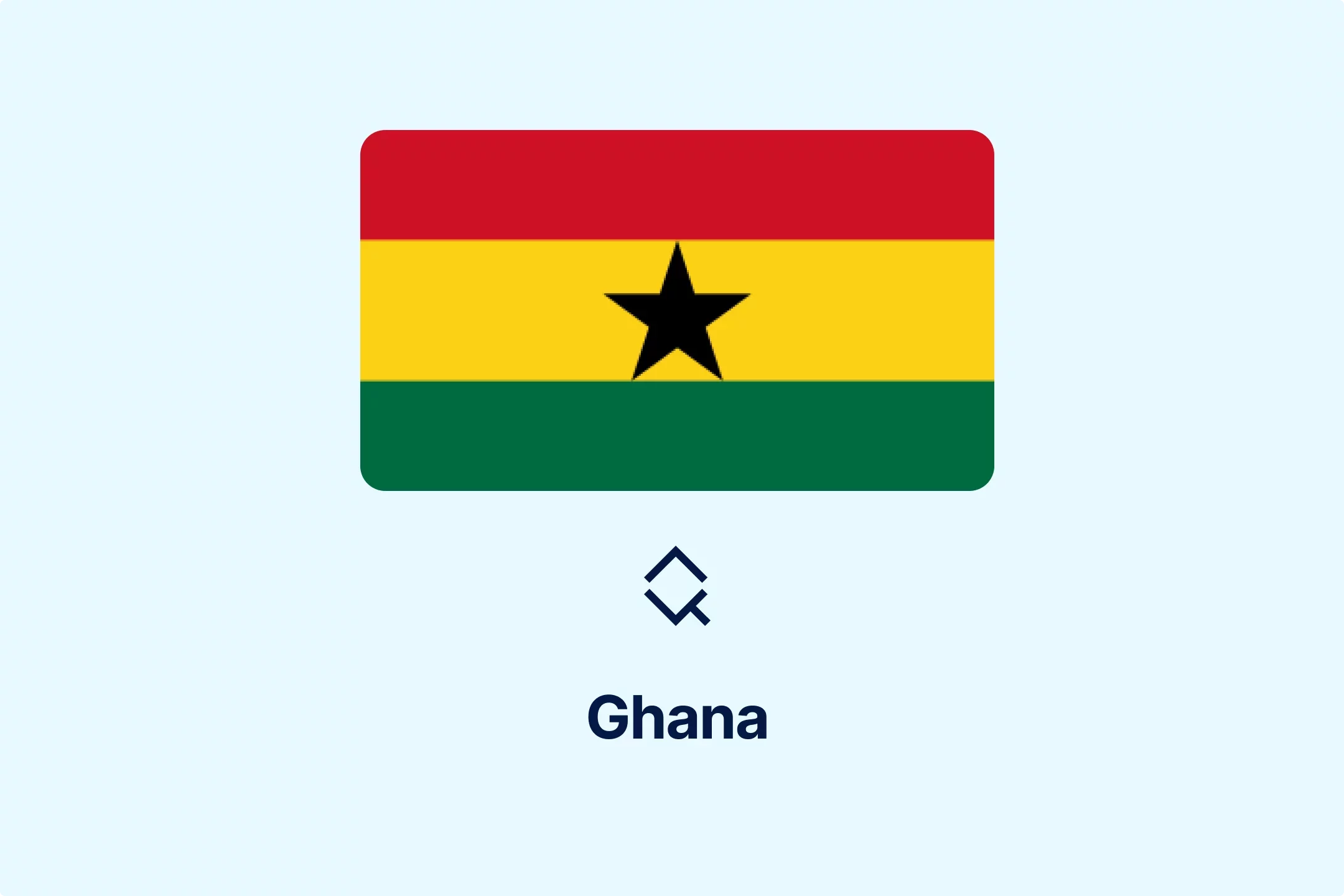
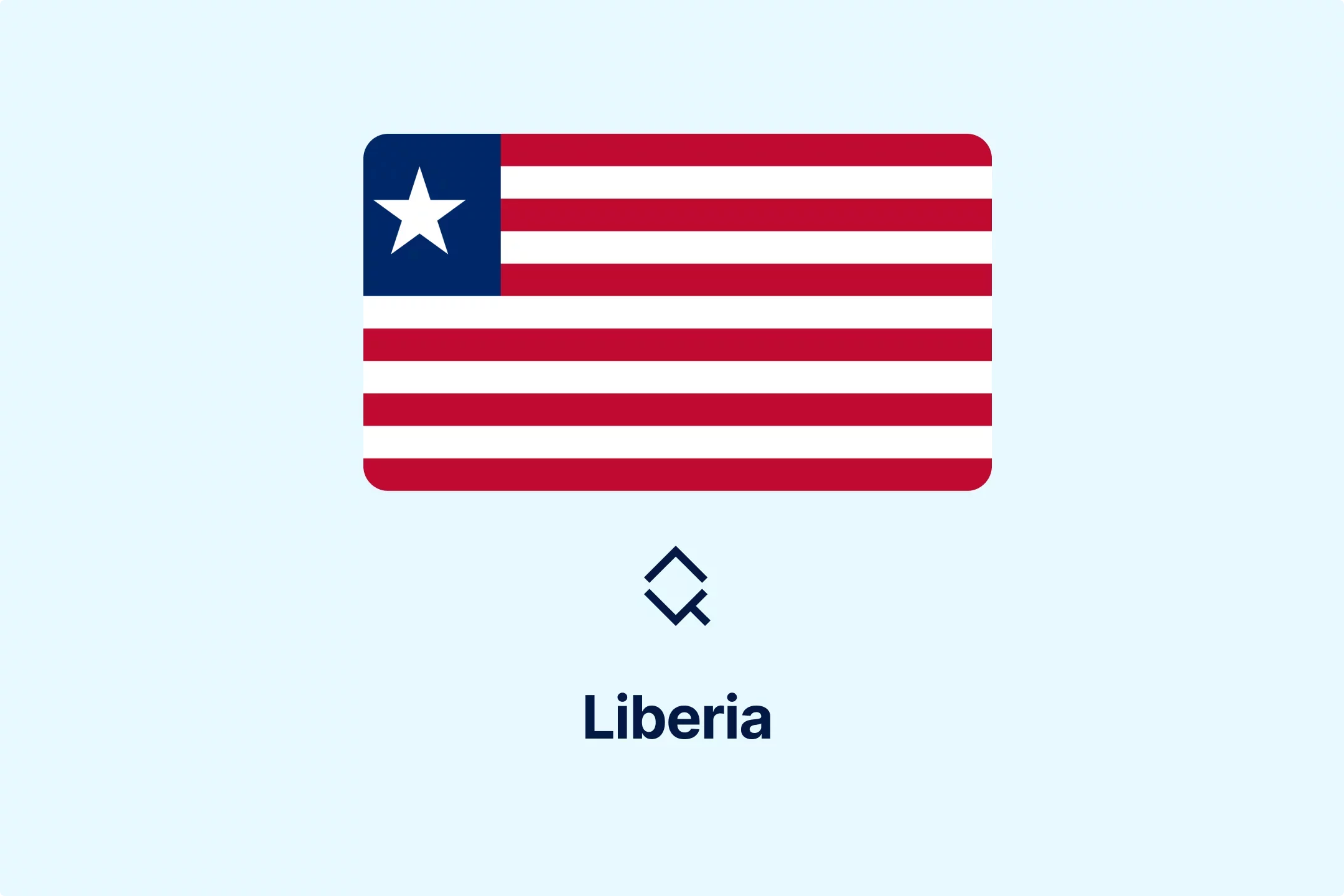
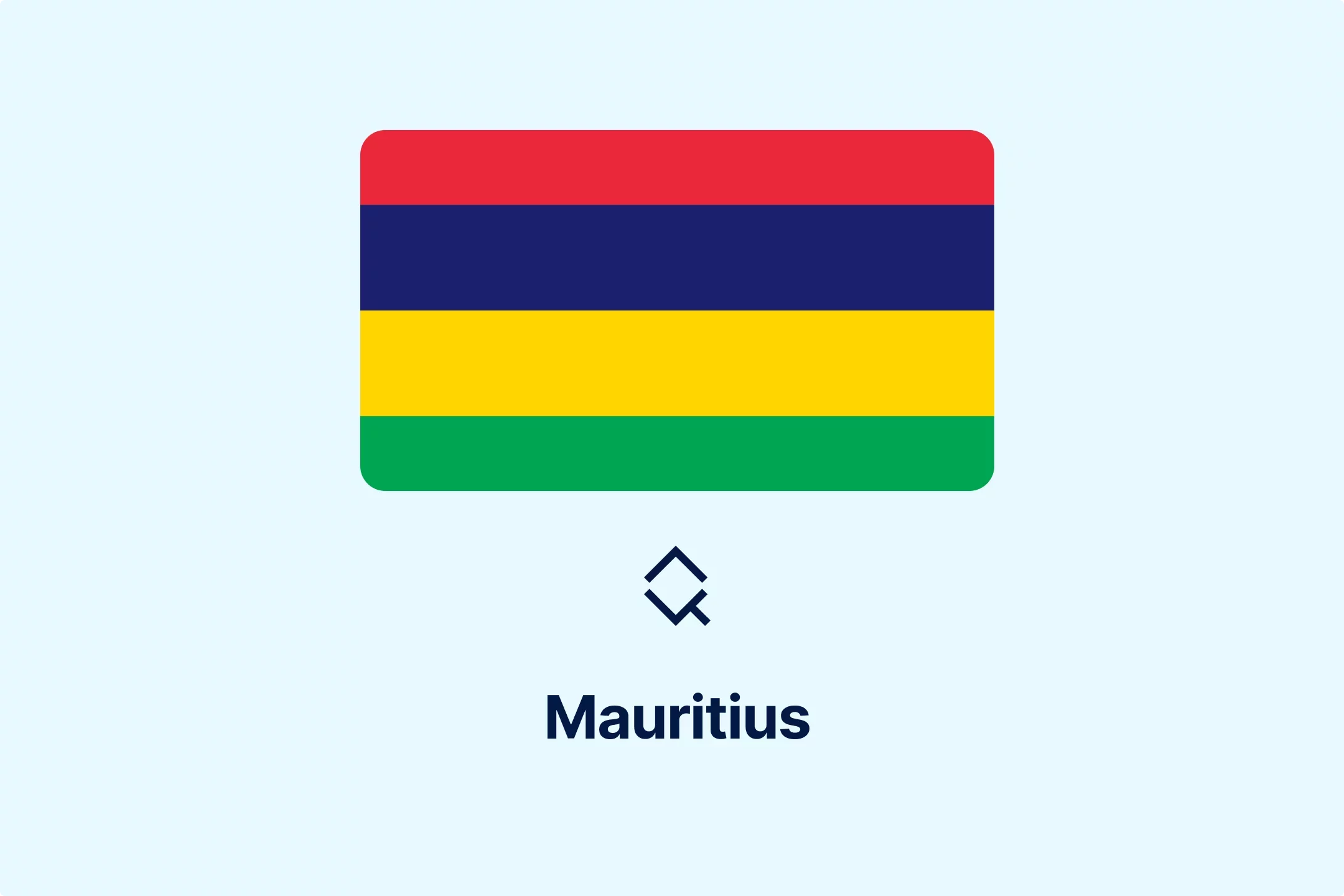
-26y2kxniki.webp)
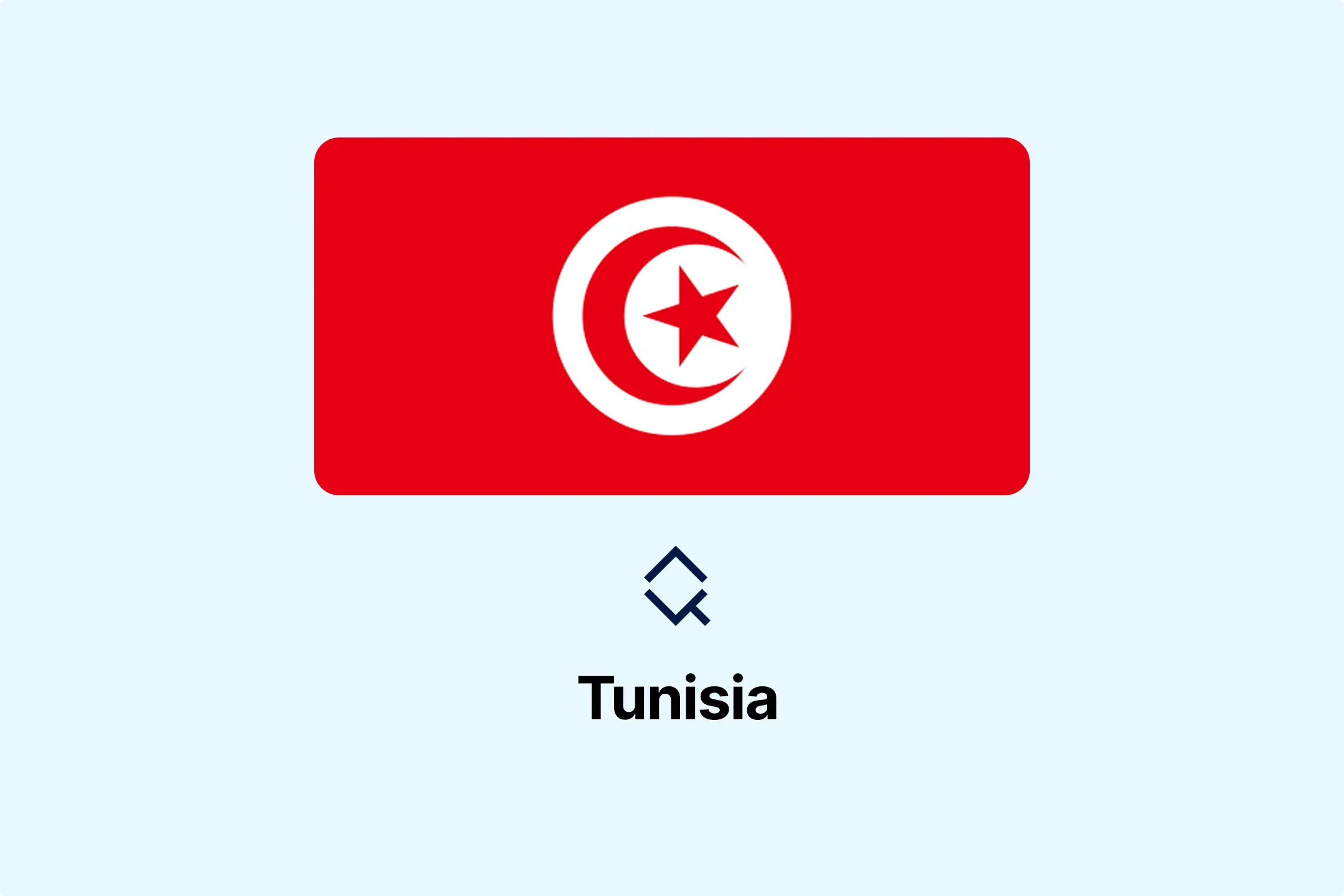

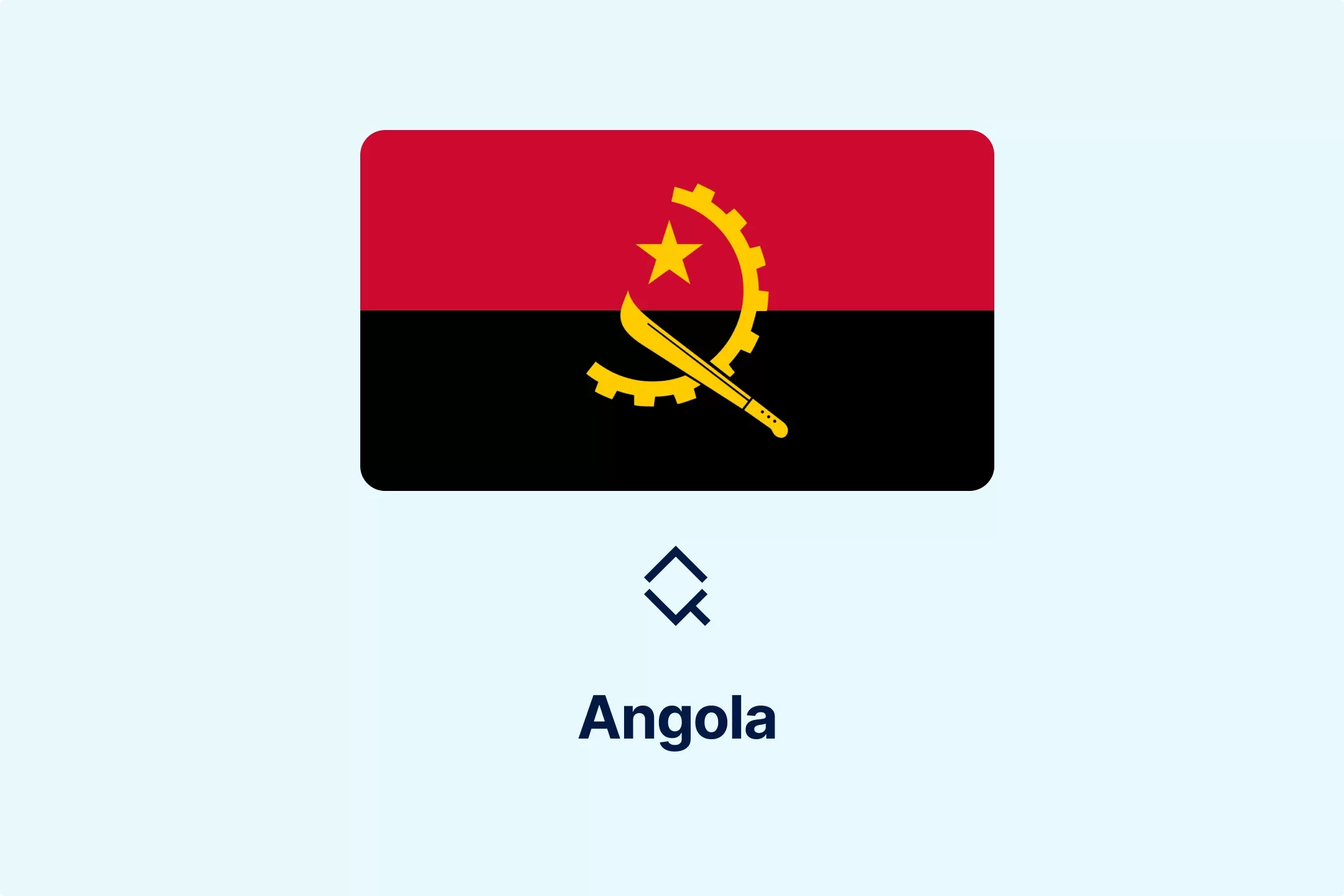

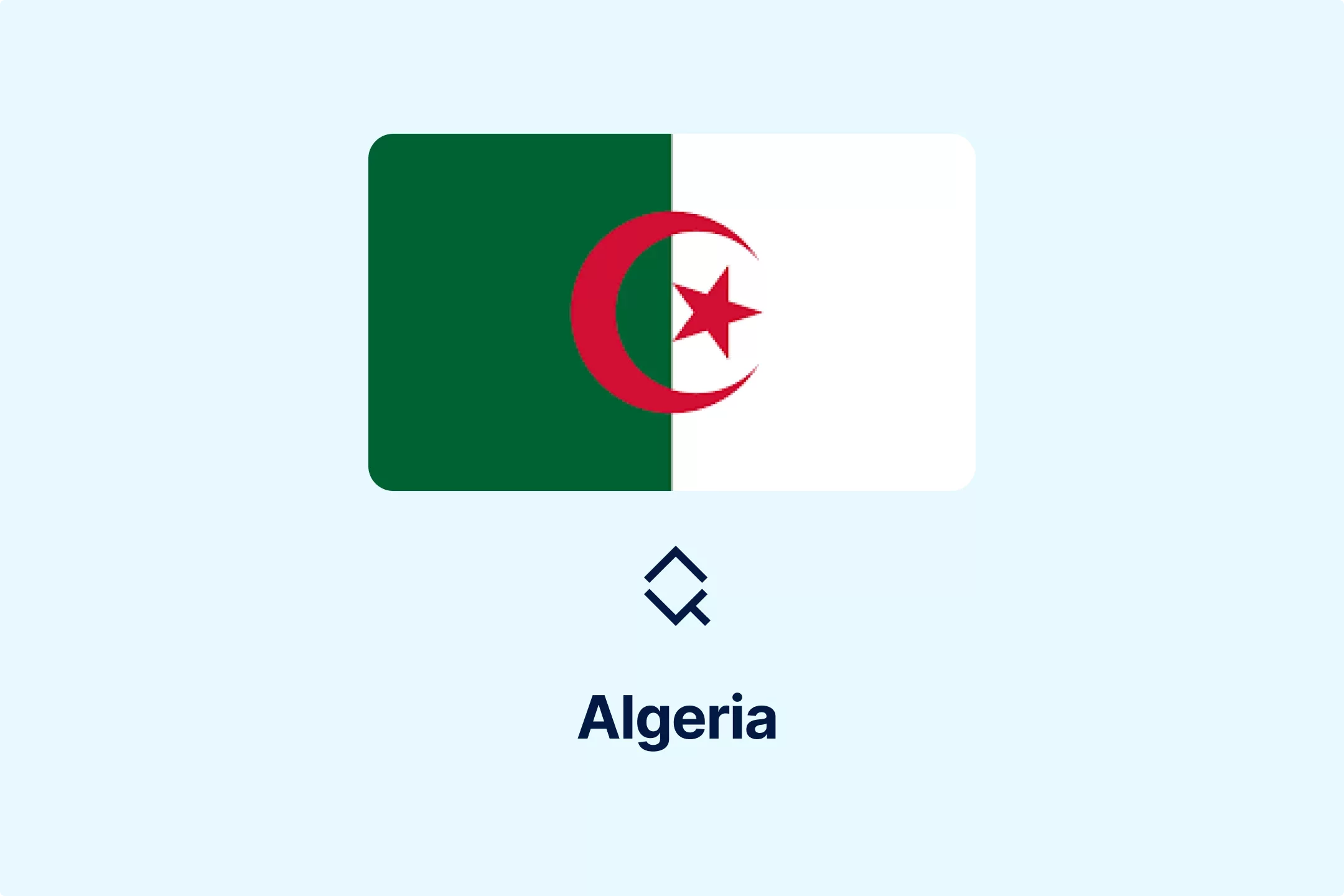
-pyxy31ev4o.webp)
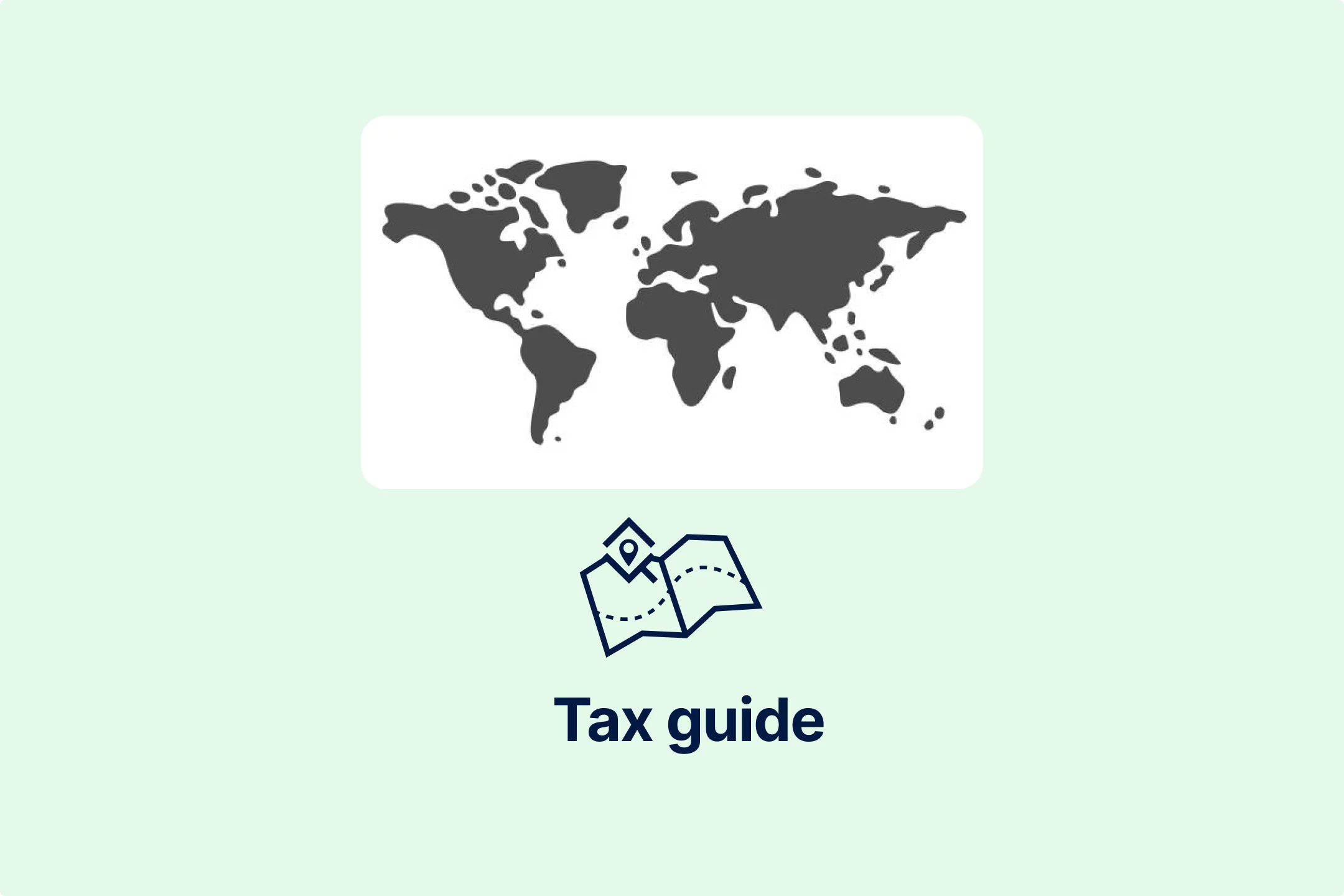
-rsgux3hh8v.webp)

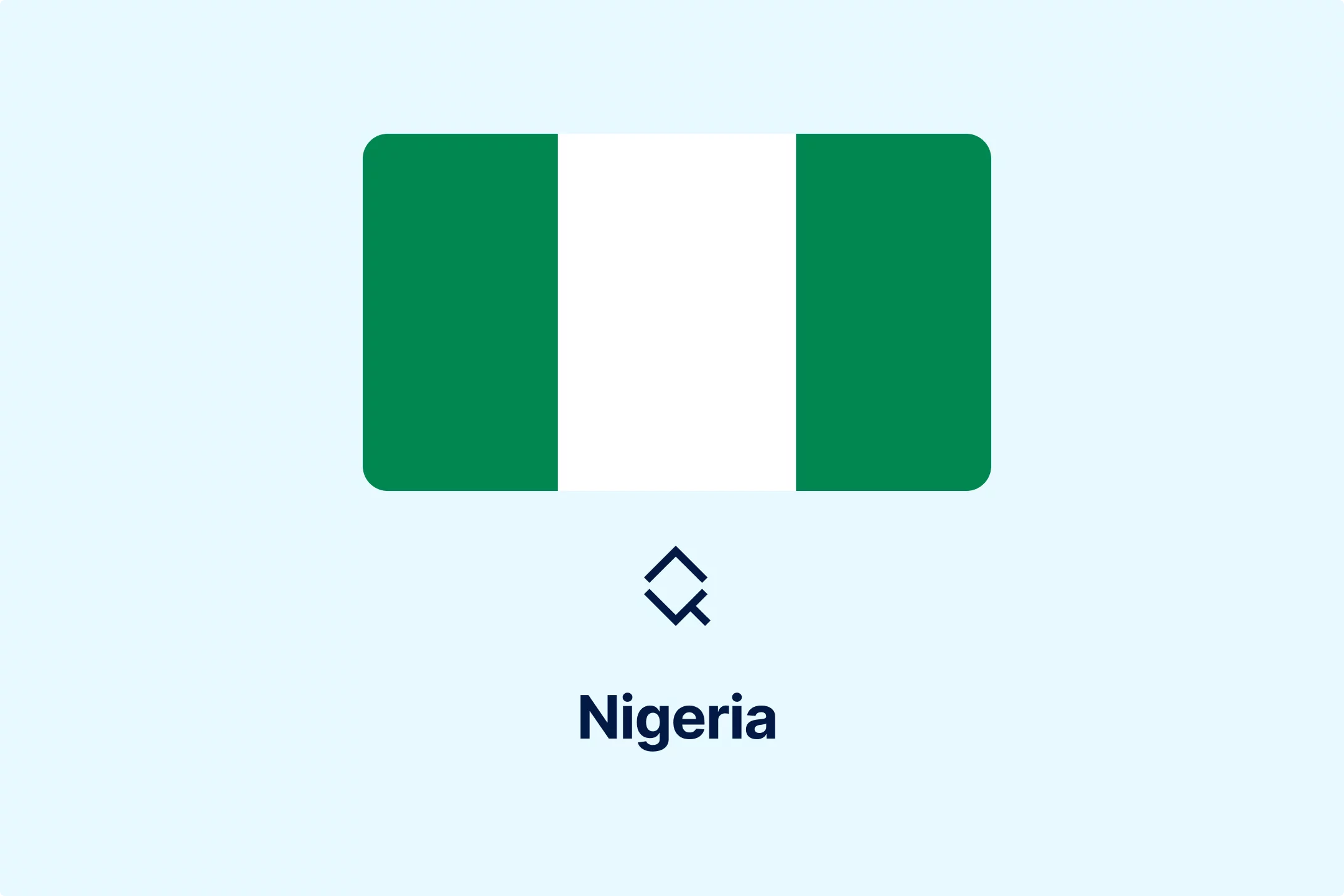
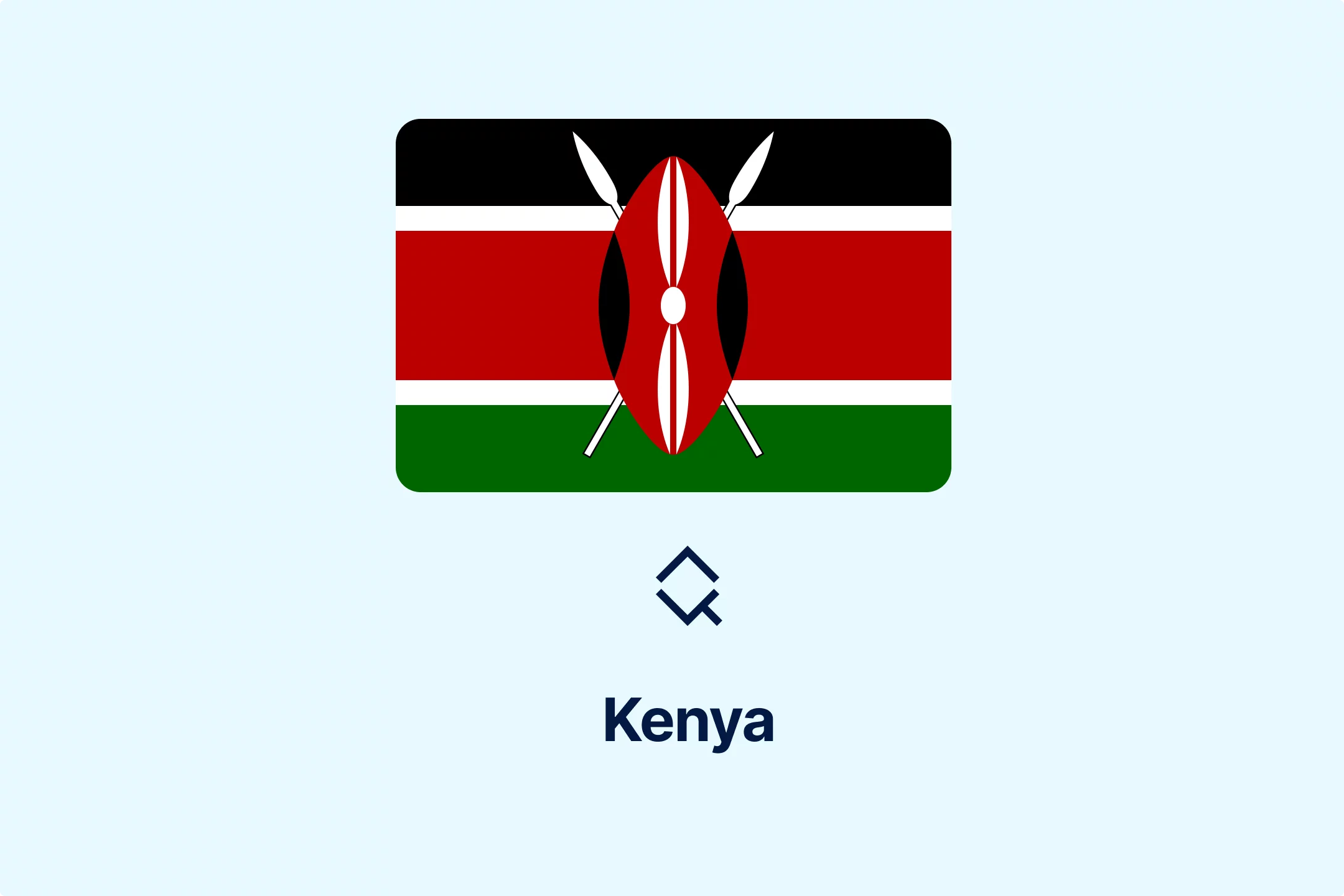
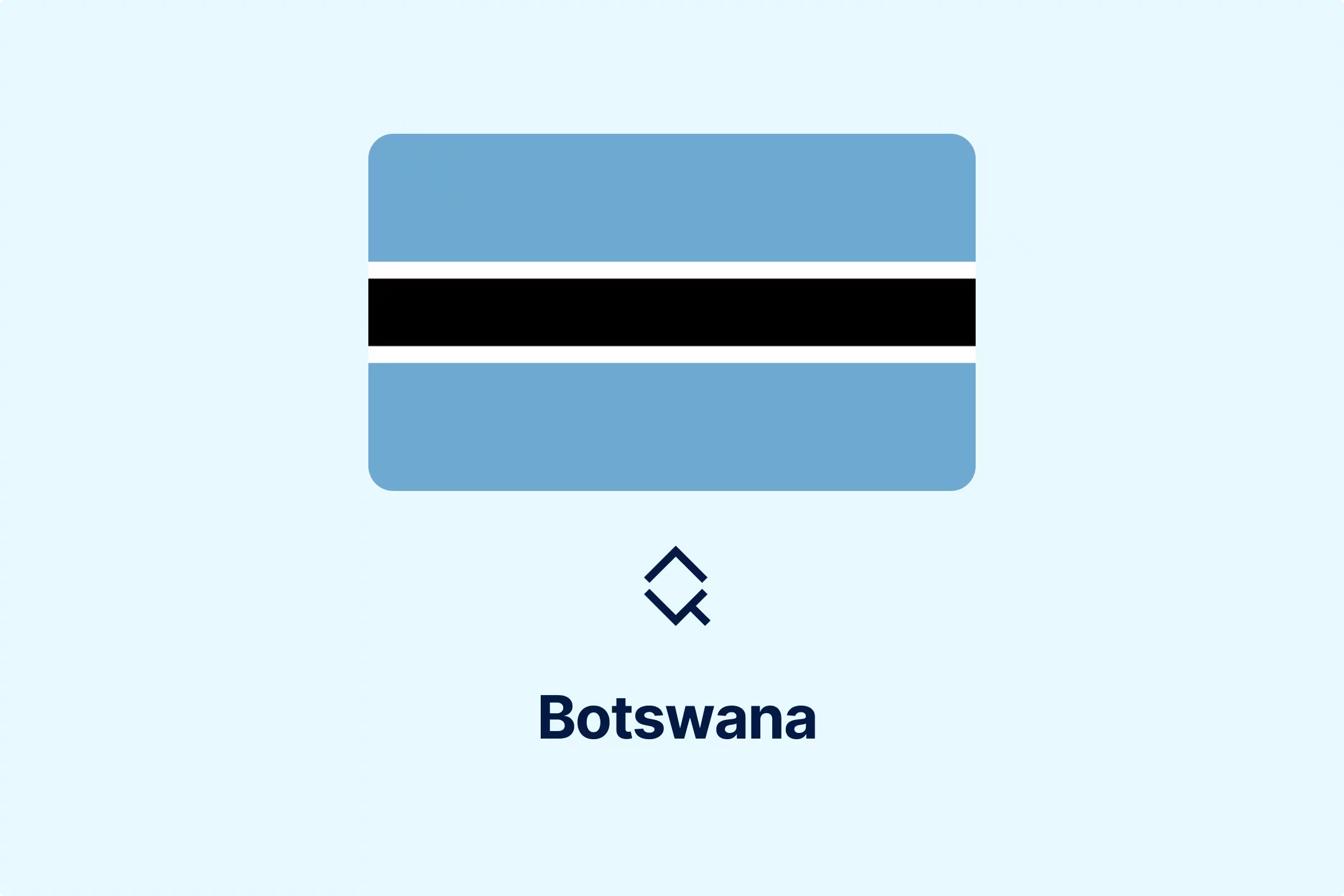

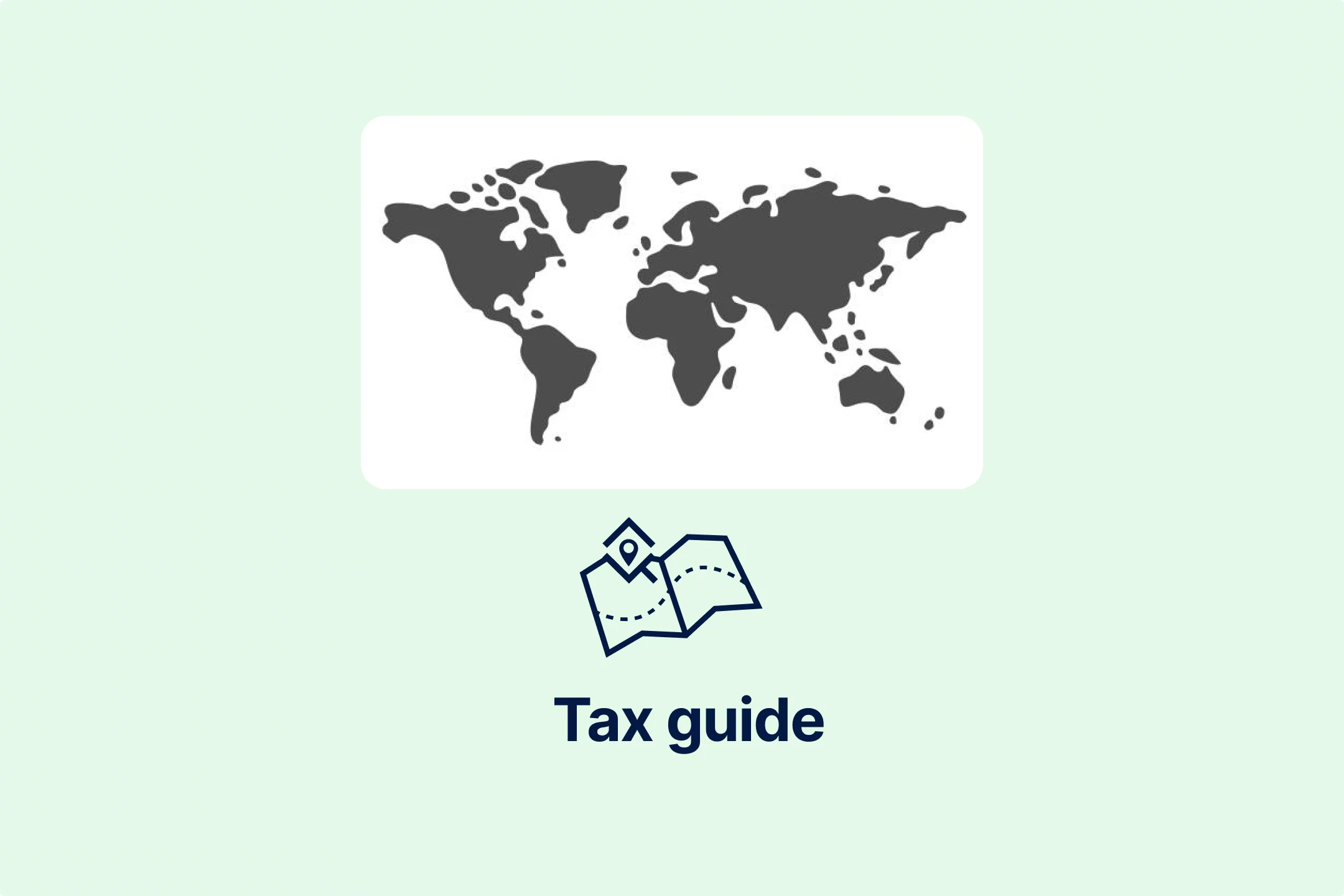

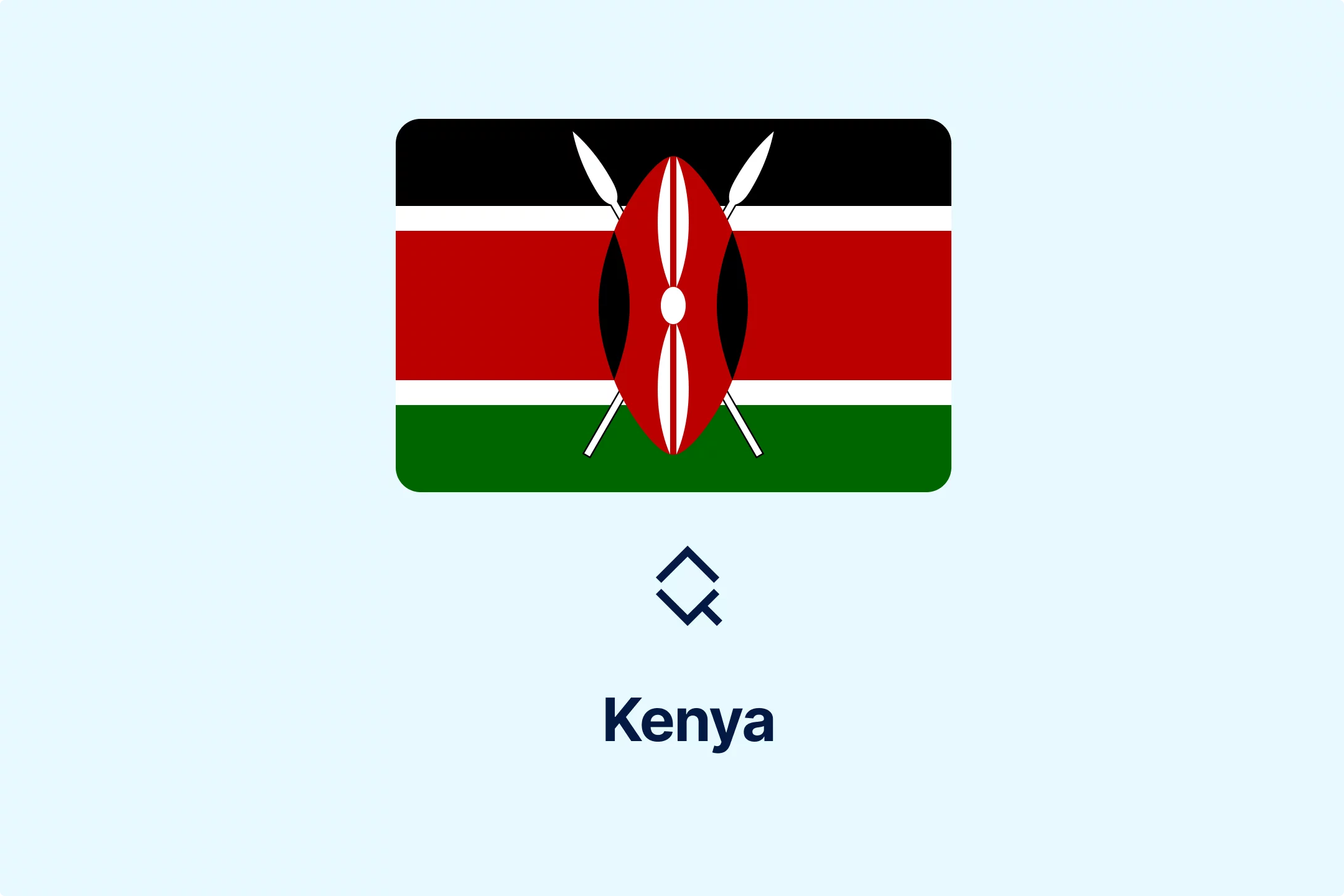
-tc819smrvc.webp)

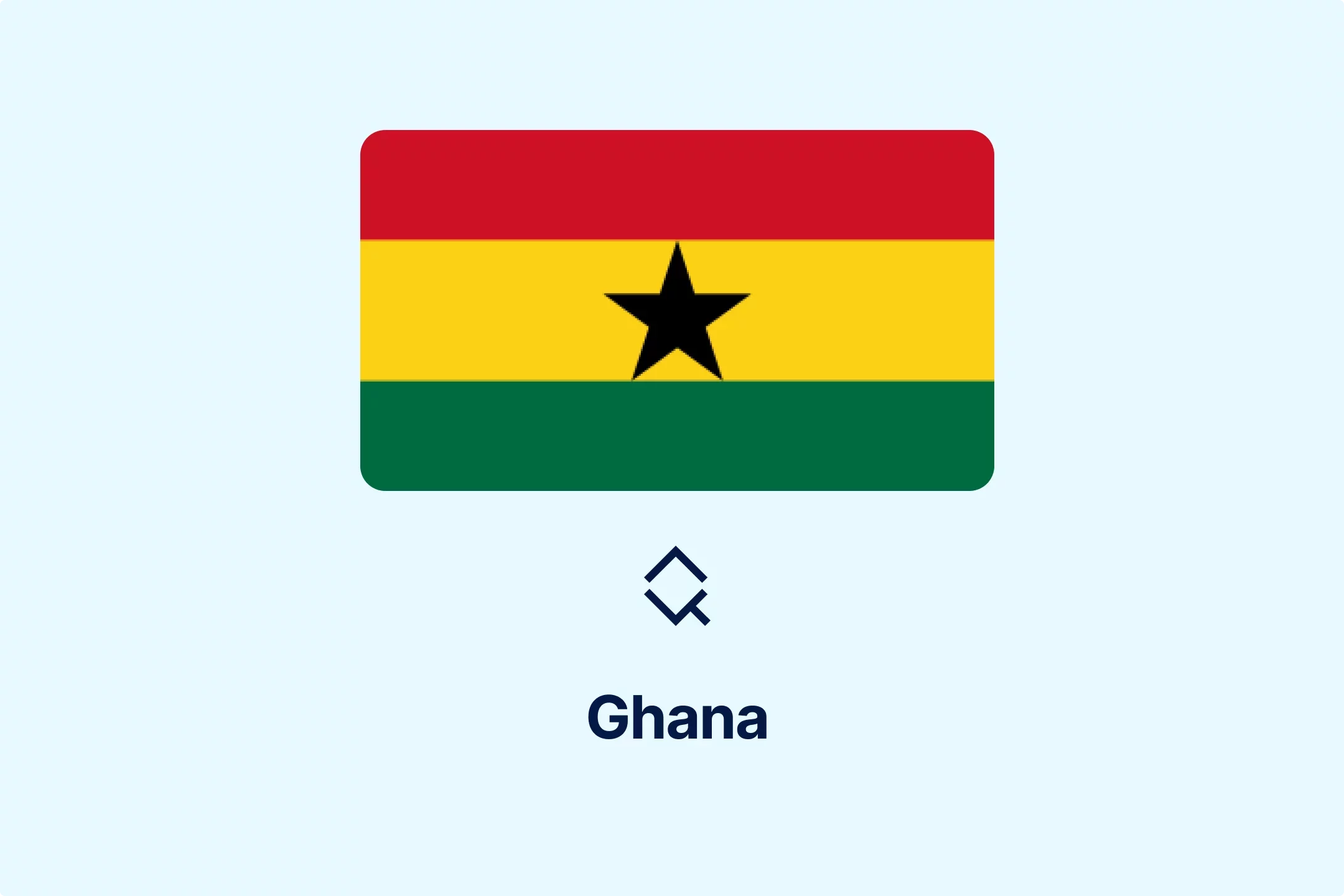

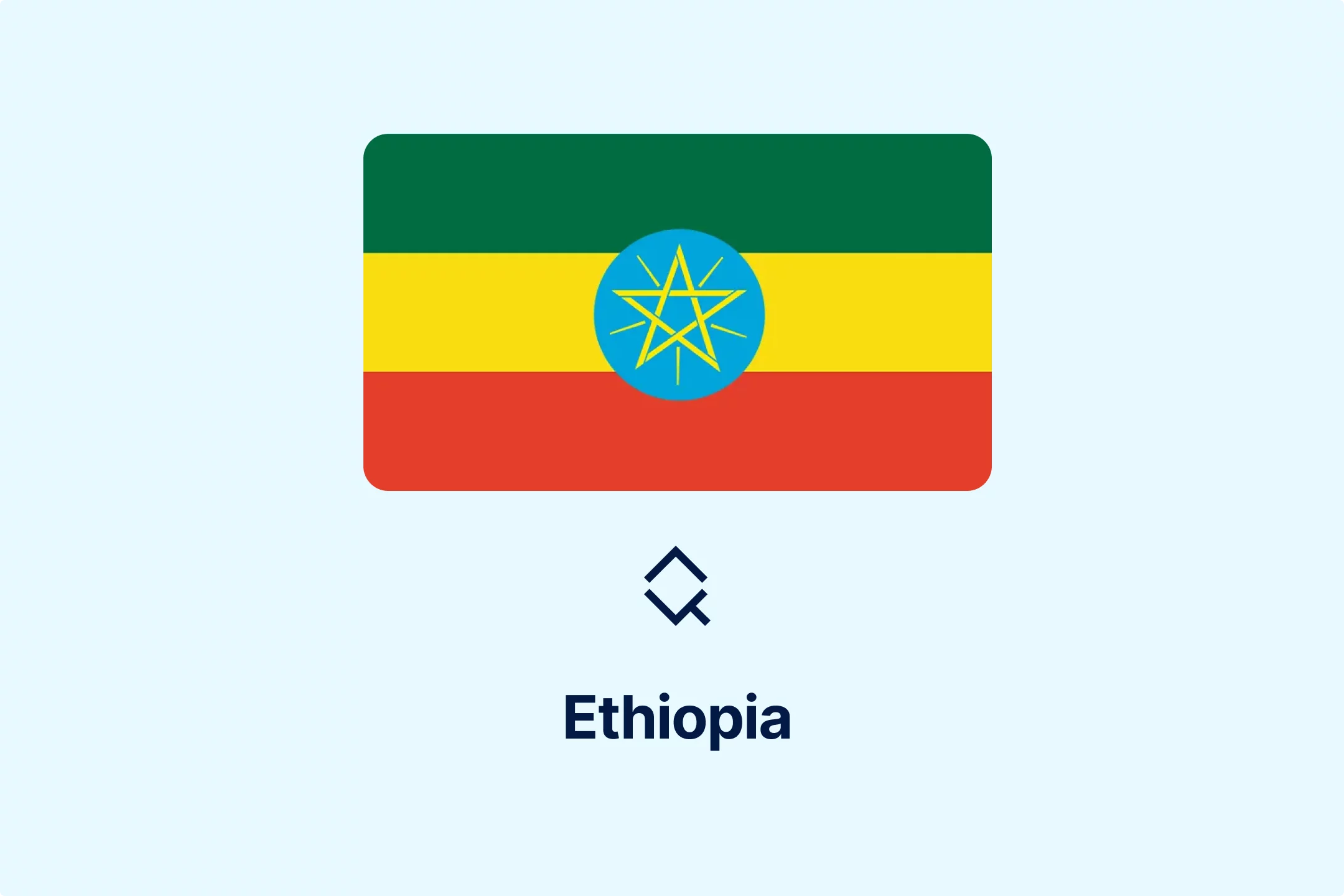
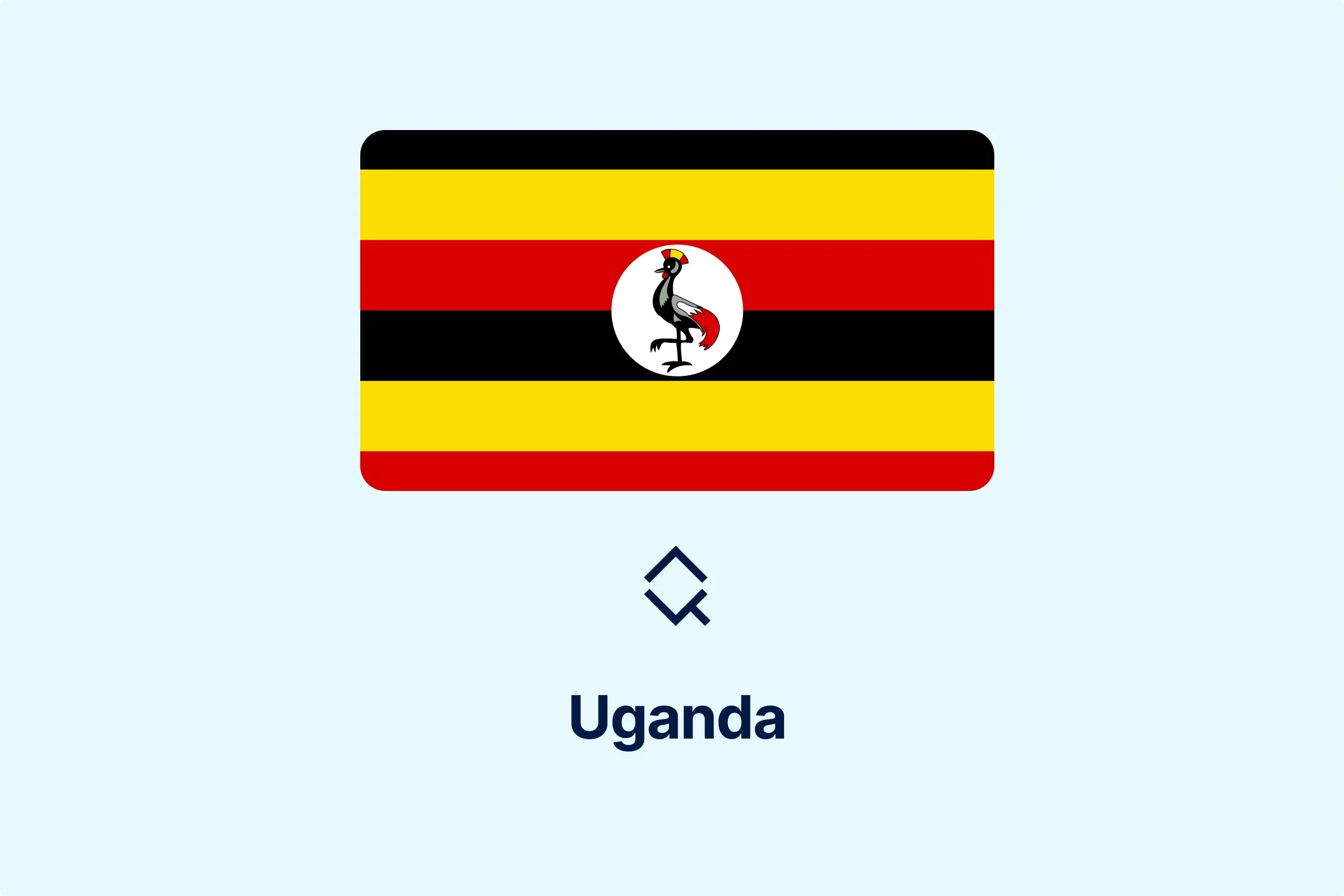
-1lfl8tbv0h.webp)




-sukknzru45.webp)




-5x4vkhcbio.webp)











-4t6t4uj2mm.webp)



-xjs7iob8wd.png)





-enoxc8fdkm.webp)





.png)
.png)









